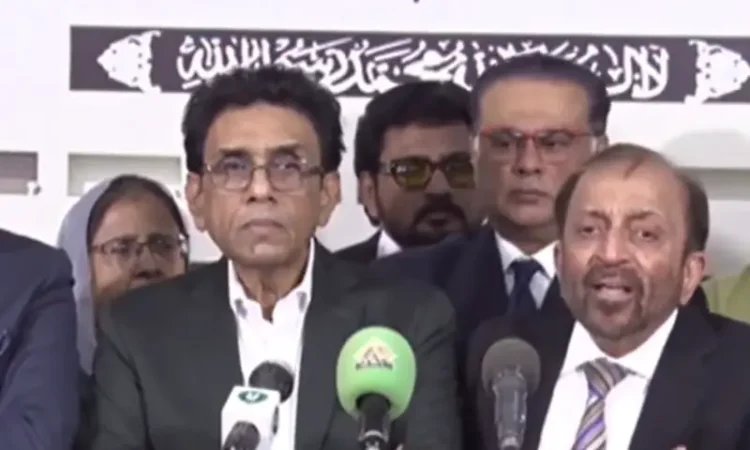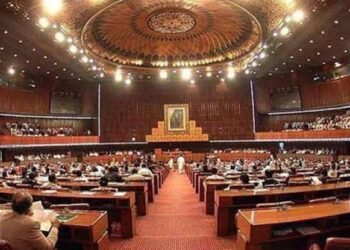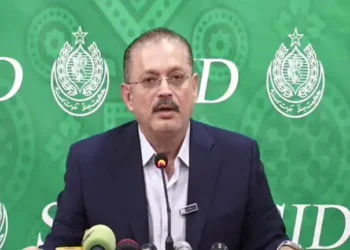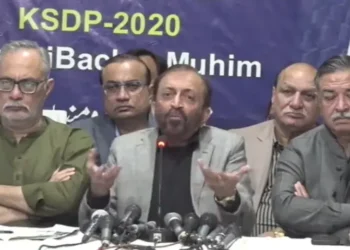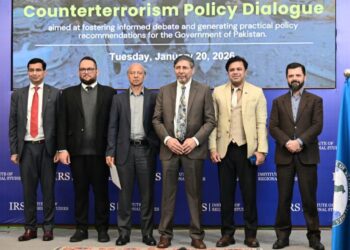ISLAMABAD: The Muttahida Qaumi Movement-Pakistan (MQM-P) on Wednesday called for granting autonomy to local governments (LGs) under the proposed 27th Constitutional Amendment, urging that their powers be constitutionally protected.
Addressing a press conference in Islamabad alongside MQM-P Convener Khalid Maqbool Siddiqui, senior leader Farooq Sattar said that after provincial autonomy was secured through the 18th Amendment, the next logical step was local autonomy. “It’s now the turn of local governments,” he asserted.
Sattar lamented that despite MQM-P’s earlier understanding with the PML-N during the 26th Amendment discussions, provisions related to empowering local governments were not included. He demanded that the matter be incorporated into the upcoming 27th Amendment.
Under a memorandum of understanding signed in March 2024 between the PML-N and MQM-P, local bodies were to draw powers directly from the federation rather than the provinces. However, the final version of the 26th Amendment excluded such provisions, despite MQM-P’s support for it in Parliament.
Referring to Article 140A of the Constitution, Sattar argued that it should be revised to ensure that provincial laws do not restrict local governments’ authority. “The Constitution is sacred, but it is a living document — it must evolve with time and national needs,” he said, adding that reforms were essential for Pakistan’s stability.
He also reiterated support for the formation of constitutional courts — a proposal initially part of the 26th Amendment but later replaced by constitutional benches.
Speaking on the occasion, Khalid Maqbool Siddiqui said that the MQM-P had been briefed on the key aspects of the proposed amendment, including matters related to Article 243 concerning the command of the armed forces. He said the article should be aligned with “national unity, strong defence, and modern requirements.”
Siddiqui emphasized that local governments must be recognised as a third tier of governance, with the Constitution guaranteeing regular elections and fixed tenures for mayors and nazims. “These should not depend on the prime minister’s approval; the Constitution should define them, and the Supreme Court should oversee their implementation,” he added.




















































